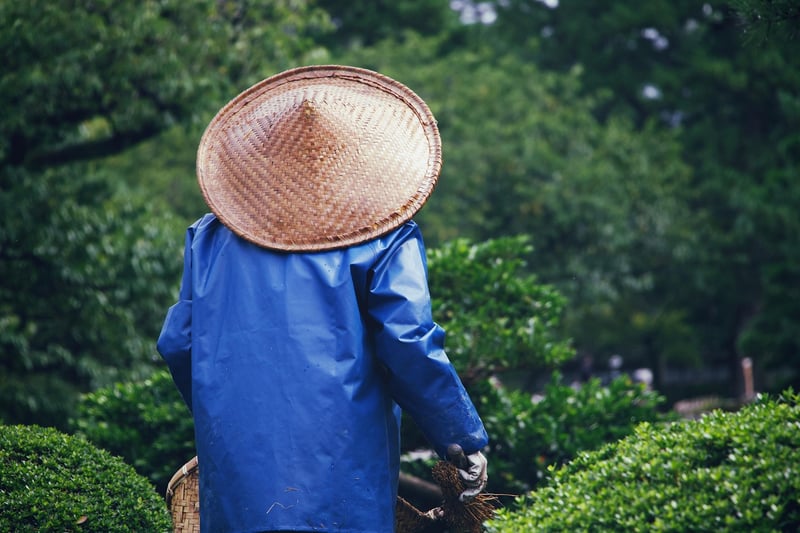Soil Maintenance
Maintain Healthy Plants with Proper Soil Maintenance
Having thriving plants in your garden or home is not just about watering and sunlight; it's also about maintaining healthy soil. Proper soil maintenance is essential for providing plants with the necessary nutrients and support for optimal growth. Here are some tips to help you keep your plants healthy by taking care of the soil:
1. Regularly Test Your Soil
Testing your soil can help you understand its pH level, nutrient content, and composition. You can easily get a soil testing kit from your local gardening store or cooperative extension office. Knowing your soil's characteristics will enable you to make informed decisions about which plants to grow and what amendments are needed.
2. Add Organic Matter
Organic matter such as compost, manure, or leaf mulch can improve soil structure, water retention, and nutrient levels. Adding organic matter regularly can enhance microbial activity in the soil, promoting healthier plant growth.
3. Mulch Your Soil
Mulching helps retain moisture in the soil, suppresses weed growth, and regulates soil temperature. Organic mulches like wood chips, straw, or grass clippings also break down over time, enriching the soil with essential nutrients.
4. Practice Crop Rotation
Rotating crops in your garden can help prevent soil depletion of specific nutrients and reduce the buildup of pests and diseases. Different plants have varying nutrient needs, so rotating them seasonally can maintain soil fertility and overall plant health.
5. Avoid Overworking the Soil
While it's essential to aerate and loosen compacted soil, over-tilling can disrupt the soil structure and harm beneficial organisms. Be gentle when working the soil and avoid excessive disturbance to maintain its natural balance.
6. Use Cover Crops
Planting cover crops like clover, rye, or vetch during the off-season can protect the soil from erosion, improve its structure, and add nutrients when the cover crops are eventually turned into the soil. Cover crops also attract beneficial insects and microorganisms.
7. Monitor Watering Practices
Overwatering or underwatering can both have detrimental effects on plant health and soil structure. Be mindful of your plants' water needs and adjust your watering schedule based on the weather conditions and plant requirements.

By following these soil maintenance tips, you can ensure that your plants have a conducive environment to thrive and grow. Healthy soil leads to healthy plants, making your garden or indoor space a vibrant and green haven.
Remember, caring for your soil is an investment in the long-term health and beauty of your plants!
